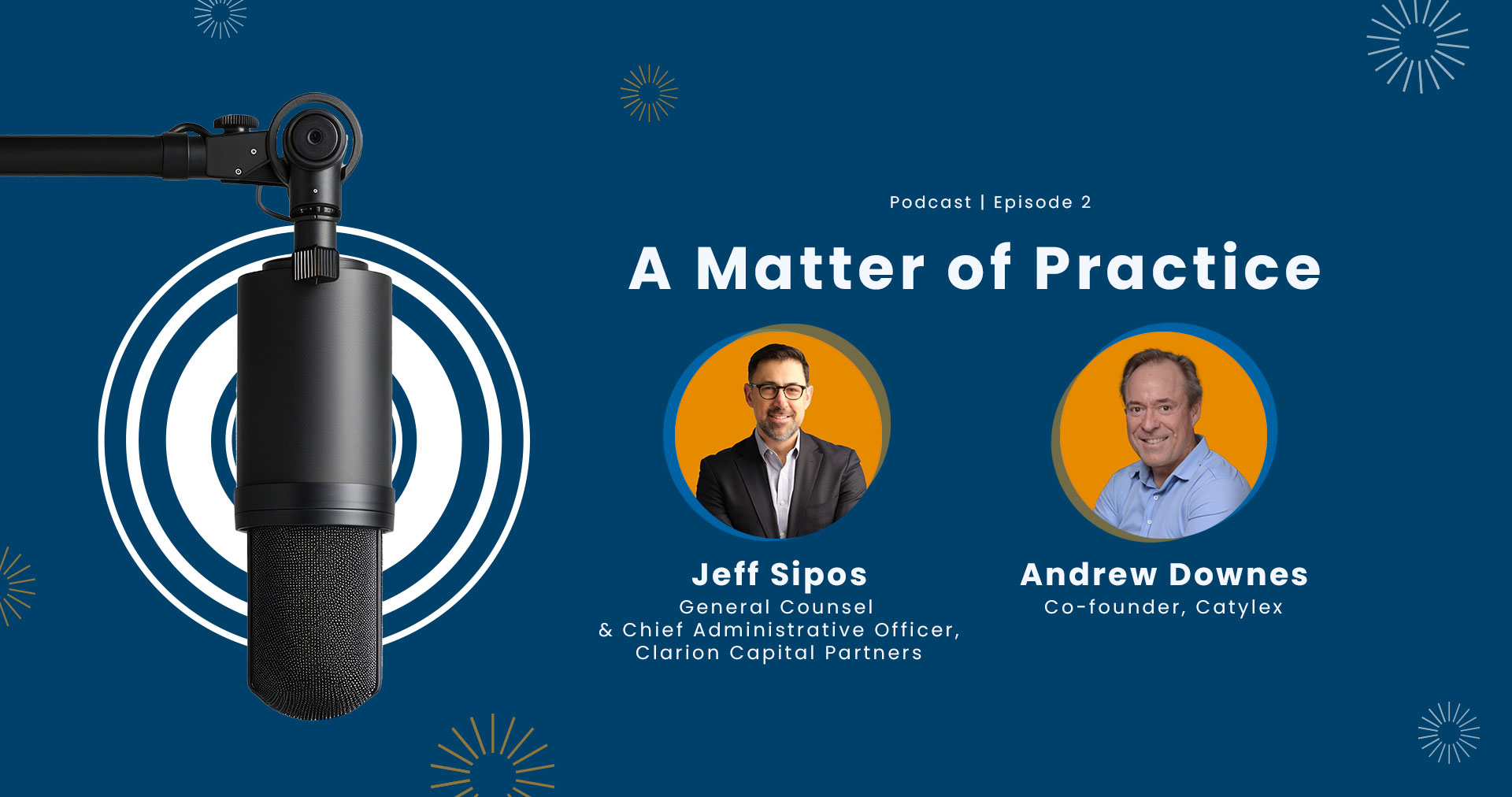What lies ahead for Contract Lifecycle Management (CLM)? Fourteen law and technology experts shared their thoughts on the next decade of CLM[1] and indicated that 2019 will be a big year for contracting:
Standardized programs will bring harmony to contract management.
Lauryn K. Haake (HBR Consulting) says that “contracting in the future will be driven from a standardized program”. She believes that the processes involved in CLM need to be aggregated into harmonious, manageable programs. These programs will enable companies to organize request processes & engagement, contract drafting, clause selection protocol, risk & obligation management, approval & signature policies, compliance, information governance, and records retention.
Linda Chuan (Thomson Reuters) also echoed the power of standardization and playbooks which she says “will permit sourcing professionals to negotiate directly based on a series of approved terms.”
Technology, technology, and more technology.
Dennis Garcia (Microsoft) has faith in “contract analytics which can enable companies to take smart risks.” He emphasizes the importance embracing digital transformation to make better decisions. Nicole Black (MyCase) and Jason Smith (Apttus) also believe in AI’s power to revolutionize CLM processes as we know them. Nicole says that software will “help lawyers find missing clauses or outlier provisions in contracts” and that there will probably me more software to produce audit trails in the case of future litigation. Jason highlighted
the significance of contract management technology, stating “AI will not replace lawyers; but lawyers who leverage AI will replace the lawyers who don’t.”
Brian Kuhn (IBM Watson Legal) reiterated the power of AI for risk reduction.He also postulates that blockchain will replace clearing houses and financial intermediaries, and smart contracts will take over. Nothing legal about contracts.
Brad Blickstein (Blickstein Group) believes that legal will be out of the contracts business. He says “take what lawyers want, computerize it, and make it self-service.” According to Monica Zent (Foxwordy), knowledge management will reduce contracting, freeing up lawyers time to focus on higher-value tasks. Dr. Roland Vogi (Stanford) as well, warns us to prepare for a future of self-executing contracts where companies will “eventually adopt common standards and protocols to enable the Internet of Contracts.”
Technology is not a silver bullet fix.
Alex Hamilton (Radiant Law) was of the belief that the future of contracting needs to be “objective-led”, terms need to be created for users, not lawyers, and contracts need to be data – not document – centric. He expressed disbelief in fashionable contract technology, saying smart contracts were not a cure-all. Casey Flaherty (Procertas) suggests that “future contracts will be a movement up the value-chain, much of which can be achieved with existing technology.”
Both machines and lawyers will participate.
Dr. Heidi K. Gardner (Harvard Law) chooses middle ground, hypothesizing that legal work will be split into high-end and routine matters, with lawyers handling the former and machines handling the latter. Toby Brown (Perkins Coie LLP) proposes contracting to become a revenue-generating field because of technology’s potential to “track and gauge performance.” He deduces that lawyers aided by technology will evolve to higher-value professionals.
Prioritizing user experience.
Sally Hughes (IACCM) drew attention to the contracting field’s disregard for user experience. She also stressed on the importance of Relational Contracting, which is gaining traction around the world, enabling projects to be completed within budget and in a timely fashion.
Conclusion
The contrasting opinions of these experts, which range from calling for more technology, streamlining of processes, eliminating lawyers entirely, to relying mainly on lawyers, suggest an interesting and tempestuous decade for contracting solutions.
LegalEase Solutions provides law firms and legal departments around the world with processes, technology, and resources. LegalEase works with leading contract management technology that enables control over the contract universe, reduces susceptibility to risks and penalties, optimizes spend, and improves inter-departmental decision making. If you need support with a project, please feel free to reach out to us at contact@legaleasesolutions.com. Our team of attorneys is happy to help.
References
[1]https://apttus.com/blog/analysts-predict-that-2019-will-be-a-big-year-for-contract-lifecycle-management/










